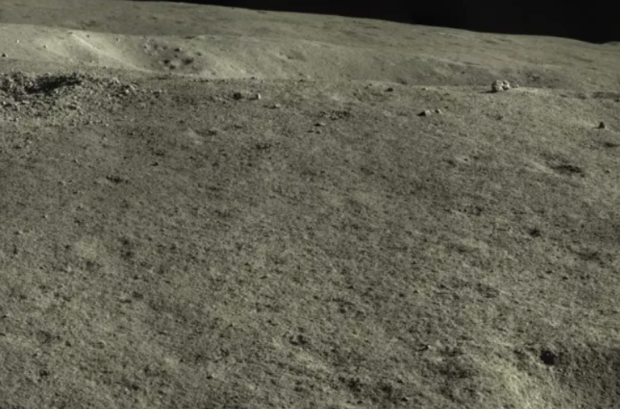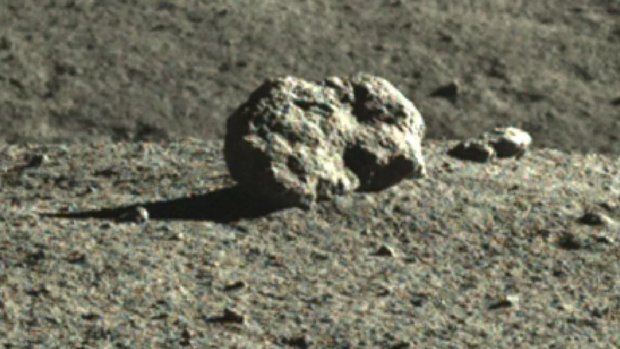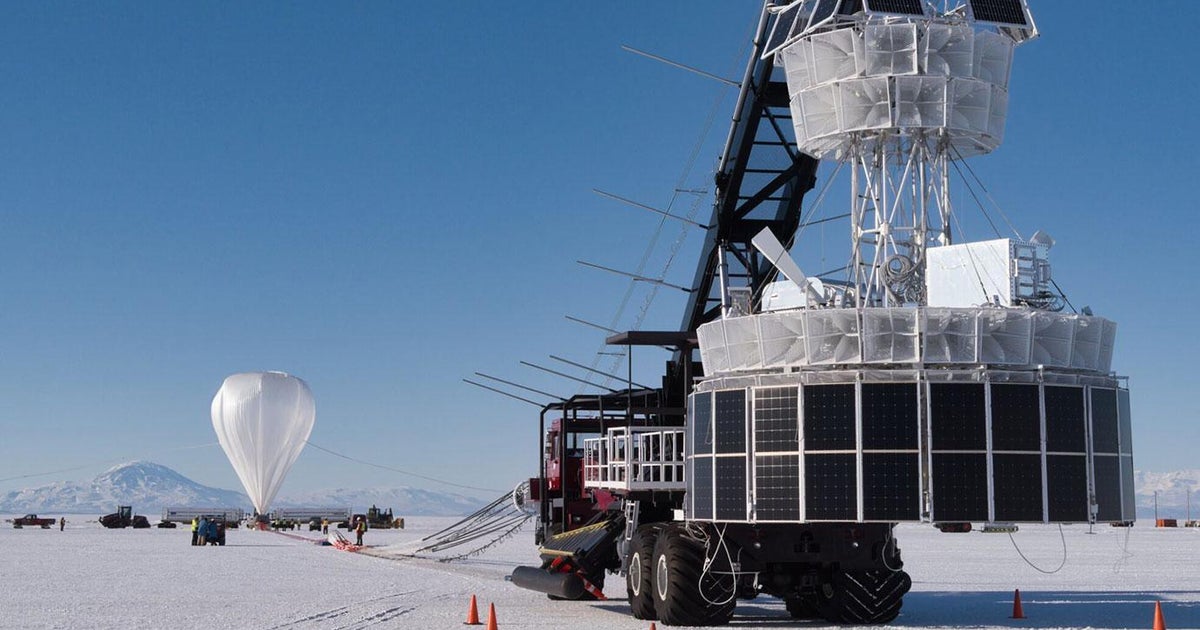China finds explanation for "mystery hut" spotted on the moon
China has discovered the explanation for the mysterious "hut" its Yutu 2 rover spotted on the moon late last year. As the lunar rover made a closer approach, a log of its activities revealed the object was actually just a rock on a crater rim.
The revelation came as the lunar rover drove closer to the formation that was once believed to be as tall as Paris' Arc de Triomphe, according to a post published Friday on "Our Space," a Chinese media channel affiliated with the China National Space Administration. Instead, it was much smaller and had a peculiar shape. Upon a closer view, the rock looked like a "jade rabbit" holding carrots, the post said.
"The Moon's surface is 38 million square kilometres of rocks, so it would have been astronomically exceptional for it to be anything else," Space News journalist Andrew Jones wrote on Twitter. "But while small, the jade rabbit/玉兔 rock will also be a monumental disappointment to some."
According to the Our Space post, the discovery coincides with the rover surpassing more than 1,000 meters of driving, hitting a major milestone before its three-year anniversary on Tuesday of its landing on the far side of the moon in 2019. China landed Yutu 2 as part of its unmanned Chang'e 4 mission.
Yutu 2 first encountered the object while driving across the Von Kármán crater in November during the mission's 36th lunar day, according to Our Space. The rover, which was 80 meters away (about 262 feet), sent back images of the object on the horizon, sparking theories about what it could be on social media, with some joking it could be an alien base.
While the results of the rock may have been underwhelming for some, it's all part of China's rapidly accelerating space program. In October, China launched a three-person crew for a six-month mission aboard its own space station, aiming to set a new record for the length of time spent in space by Chinese astronauts. Earlier this year, China successfully landed a solar-powered rover in Mars.





